
After 15 years off the air, King of the Hill has returned, and the new season delivers exactly what longtime fans have wanted. The animated series, now streaming on Hulu, picks up a decade after the original finale. Hank and Peggy Hill have just returned to Arlen, Texas, from a stay in Saudi Arabia for a propane contract. Their son Bobby is now in his early 20s, running a Japanese-German fusion restaurant in Dallas.
The revival has been met with strong praise from audiences and critics alike, earning a 100 percent score on Rotten Tomatoes. Viewers are celebrating the return of the Hill family and familiar faces from Arlen. Unlike some television revivals that have stumbled — such as Heroes Reborn or Dexter: New Blood — this one remembers why people loved the original. It moves the story forward while keeping the heart and tone intact.
Set in small-town Texas, King of the Hill built a reputation for reflecting traditional values without slipping into full political messaging. Hank Hill himself has often been portrayed as a man guided more by common sense than partisanship. In past episodes, he could recognize the importance of recycling, acknowledge climate change, and even choose organic beef because, as he saw it, it made a better steak. It was never about checking a political box — it was about what made sense.

The new season continues Hank’s grounded perspective. After returning to an Arlen that has changed in many ways, the show resists the temptation to turn him into a constant culture-war scold. Instead, it shows him weighing new ideas without losing his core values. In one early scene, Hank and Peggy learn that Girl Scout cookies called Samoas are now sold as Chocolate Delights “to be more polite to the people of Samoa.” They respond with a smile rather than outrage, and Hank agrees with a scout who tells them, “It’s nice to be nice.”
While this might surprise some viewers, it fits the show’s larger point — change is not always a threat. Other updates include aging the familiar characters. Bobby, Joseph, and Connie are now adults, and the show explores new kinds of stories. The production has also recast certain roles. Toby Huss now voices Dale Gribble after Jonathan Hardwick’s passing. Ronnie Chung takes over as Khan Souphanousinphone, in place of Huss, to better match the character’s background.

The revival does not avoid taking on today’s cultural shifts. Connie now practices ethical non-monogamy, a storyline handled with humor but without condemnation, contrasting with the long-running Nancy Gribble–John Redcorn affair from the original series. The change reflects new discussions about relationships while staying true to the personalities involved.
One of the sharper moments comes when Hank’s half-brother G.H. is drawn into the orbit of a misogynistic online influencer patterned after figures such as Andrew Tate. Hank bluntly dismisses the man’s philosophy, making it clear he is not interested in being lumped in with that worldview.
The series also comments on how conspiracy thinking has crept from the fringes into the mainstream. In the original show, Dale Gribble’s wilder claims were the punchline. Now, Hank finds himself surrounded by people who talk like Dale and believe every word.
With its return, King of the Hill manages to feel modern while resisting the trap of turning into a lecture. It treats its audience with respect and lets the humor come from characters and situations rather than political point-scoring. That is rare in today’s television landscape, and it is a refreshing, almost anti-woke approach that stands out even more because it does not advertise itself that way.
Fifteen years later, the Hills are still here, still funny, and still worth watching. The new season proves the show can adapt without losing its identity. If Hulu is smart, it will keep Hank, Peggy, Bobby, and the rest around for many more years. “I tell you hwat,” as Hank would say — this is TV worth tuning in for.
***


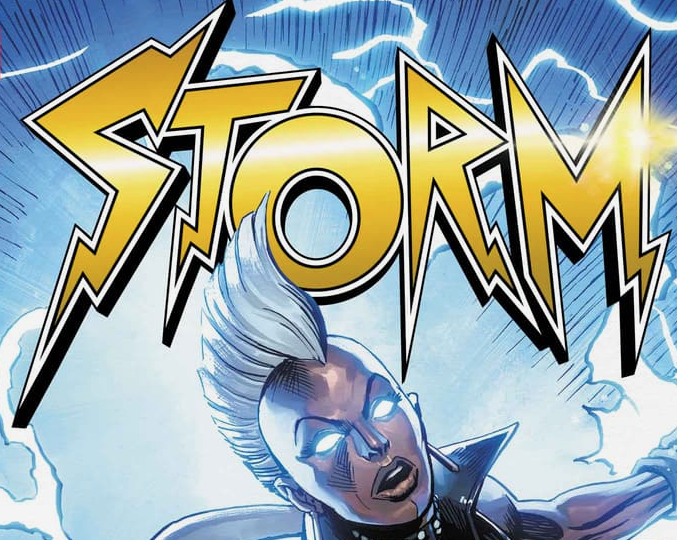
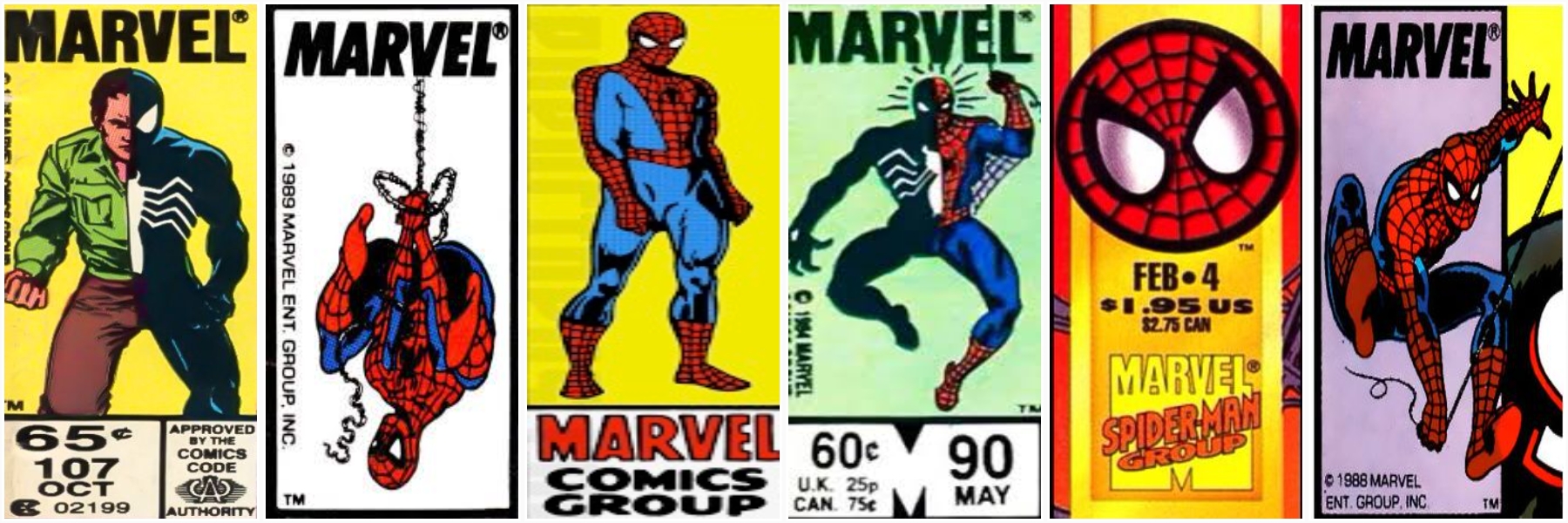

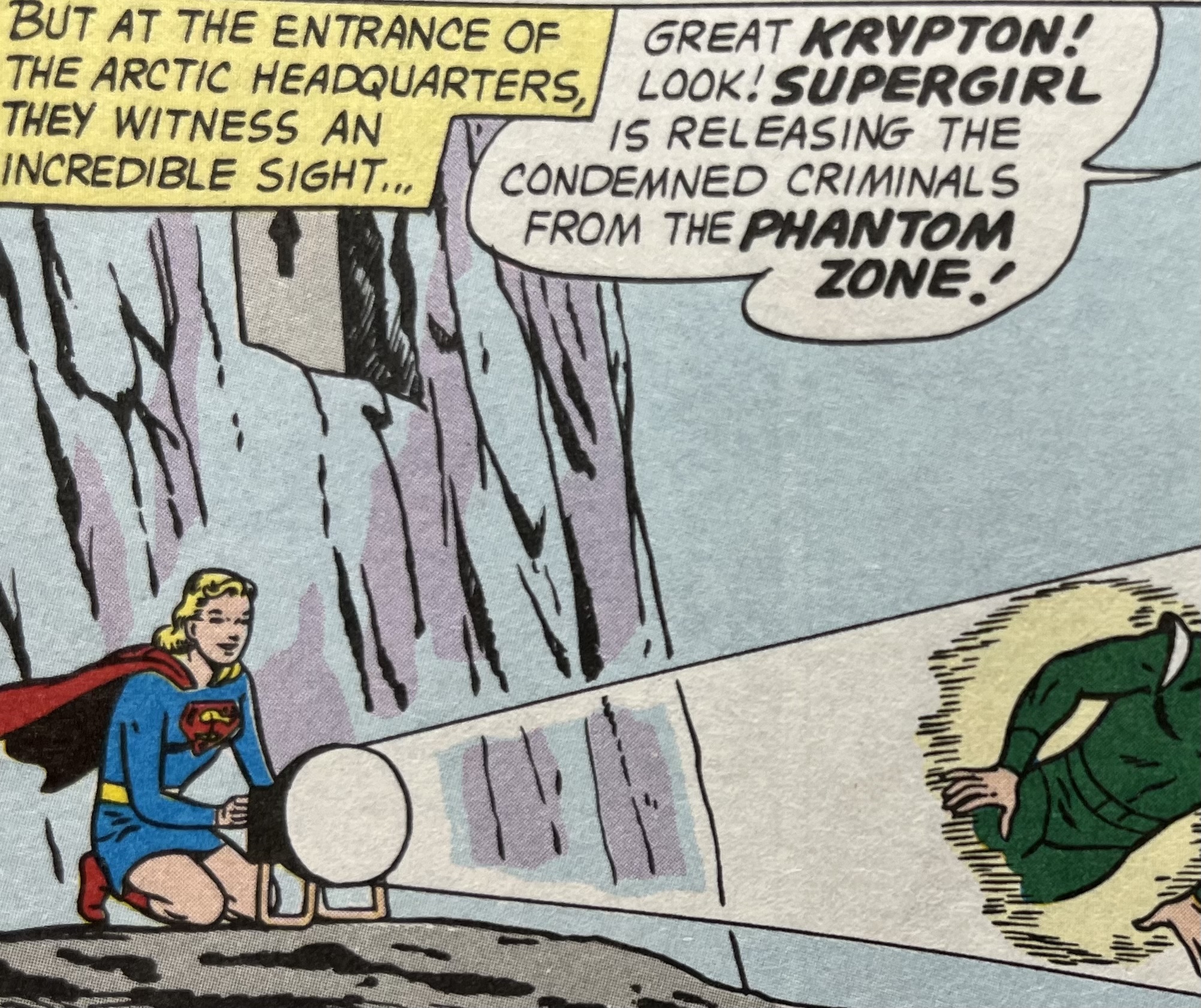
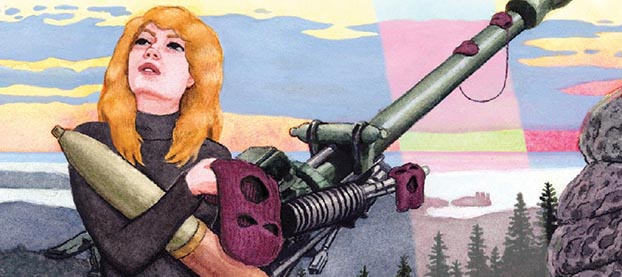
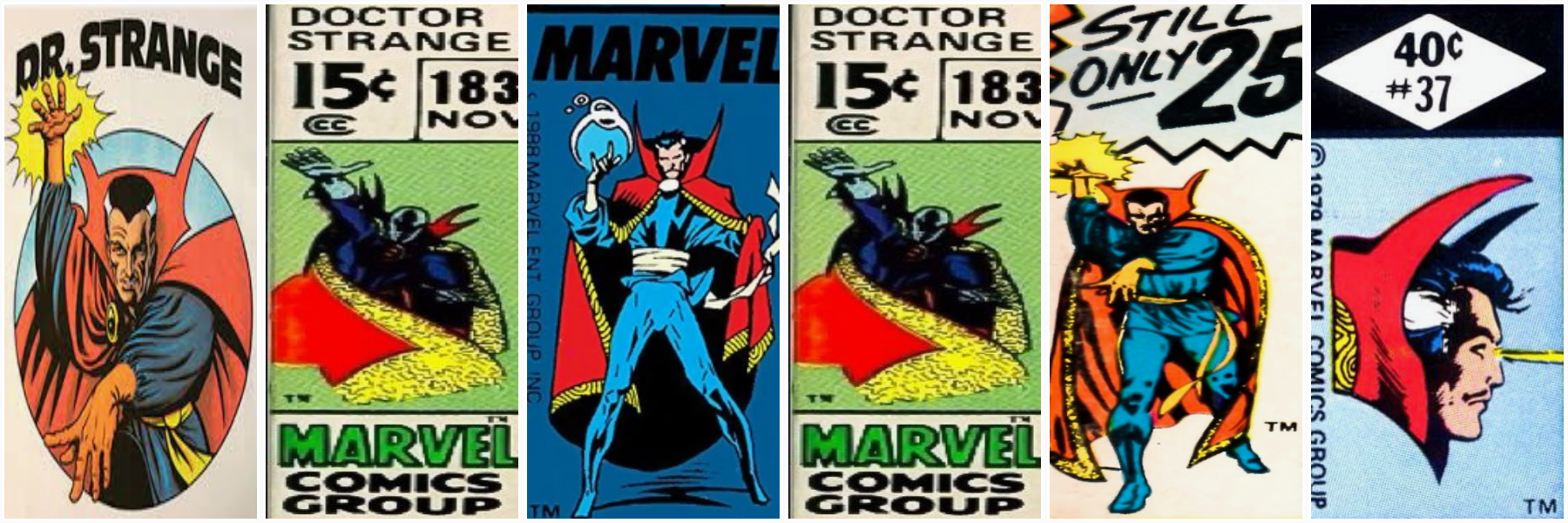







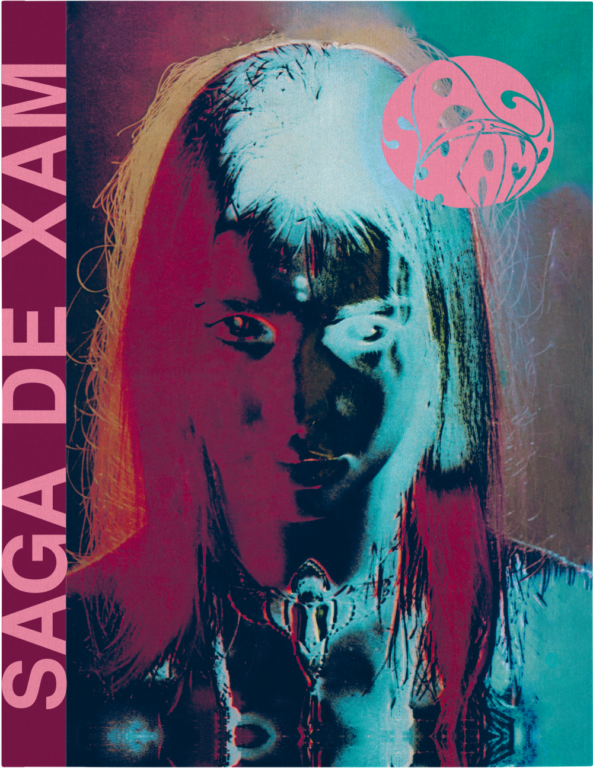

!["Superman" (2025) Brings Heart, High Stakes, and Surprising Twists [SPOILER-FILLED REVIEW]](https://www.supermansupersite.com/Superman_2025_Retro_Poster.jpg)

 English (US) ·
English (US) ·